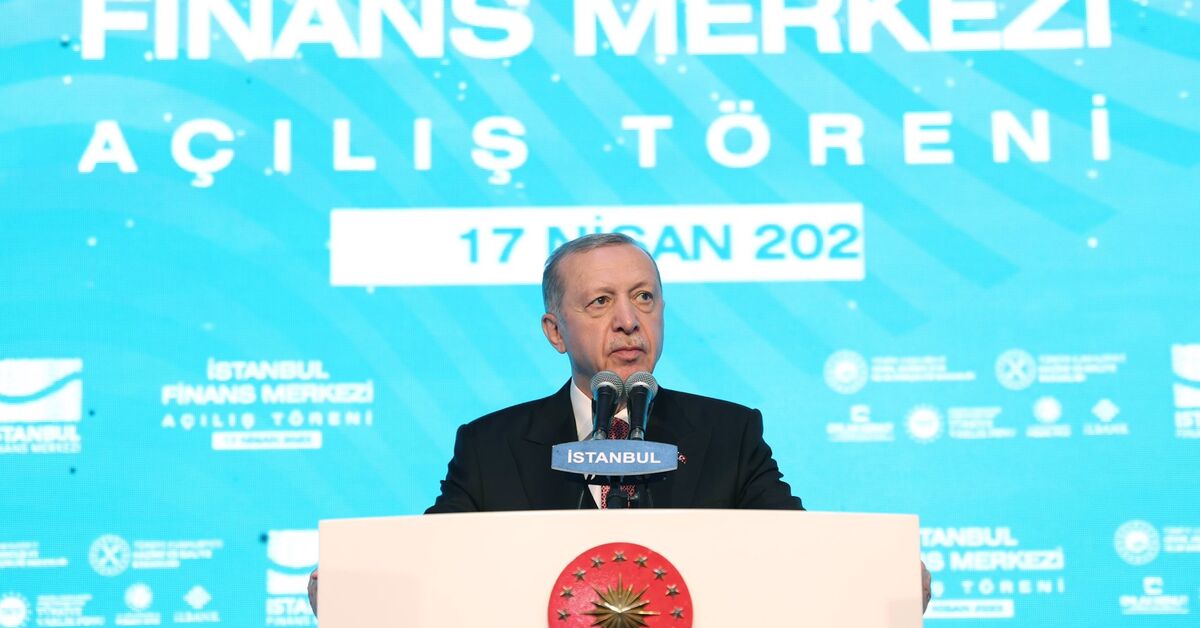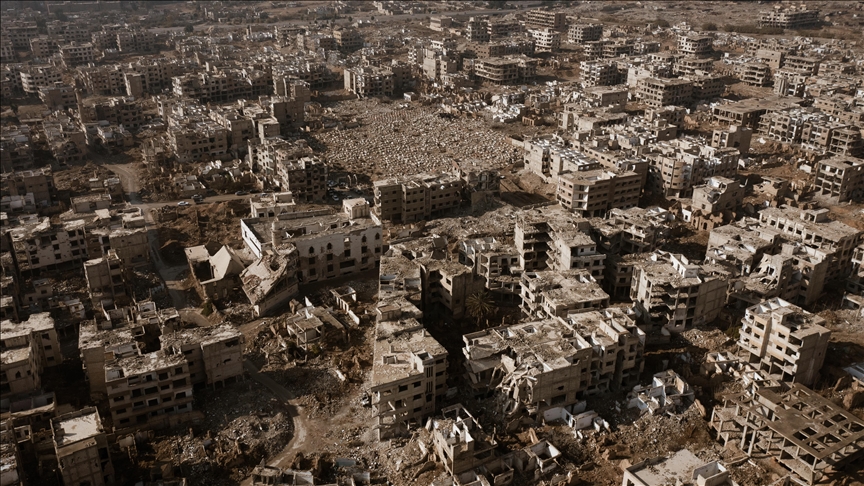WHO says Gaza health crisis deepening as 2-month aid blockade continues
GENEVA / ISTANBUL
The World Health Organization (WHO) said the health situation in Gaza is getting worse because no aid or medical supplies have been allowed into the enclave for two months now.
Spokesperson Margaret Harris told Anadolu that the Israeli blockade has stopped humanitarian deliveries, leaving residents in a desperate state.
“The situation in Gaza is that people lack absolutely everything. They lack food, they lack clean water, they lack housing, and they also lack access to medical care,” said Harris.
People are afraid to go to hospitals, she said, because so many have been attacked by Israel during its 18-month offensive on Gaza – potentially a war crime, as health care facilities are supposed to be exempt from hostilities.
Hospitals are running dangerously low on basic items that doctors and nurses need to treat those who are injured, she said.
“So they lack blood, they lack the intravenous units for putting any fluids in, they lack the swabs for cleaning wounds, they lack the antibiotics for protecting people from infection,” she said.
‘Many more people will die of their wounds’
Harris stressed that resources are extremely limited and patients coming to hospitals have injuries that are highly prone to infection.
“Remember that they are under bombardment every day, so they have what we call traumatic injuries, where you have broken bones, open wounds, very dirty wounds because people are under rubble and under dirt.
“There’s a great risk of many, many different wound infections. And for the people who are living in very difficult conditions, they’re suffering from malnutrition, they’re not getting enough food, they are very crowded together, so infectious diseases spread very easily among them,” she said.
“They’re suffering from diarrhea, from lack of clean water, so all these things are increasing the health risks in Gaza.”
Hospitals are packed and struggling to cope, said Harris. There are currently 21 hospitals partly operating, plus four field hospitals, but none have enough beds for the growing number of patients.
“So, they often have to send people home very quickly in order – too quickly – before they’re really fully recovered, before they can take the next people in,” she said. “Or, if they really don’t have beds, they just have to deal with very, very sick, very badly wounded people in the corridors.”
In those situations, “you will expect that many more people will die of their wounds.”
The blockade has made the work of health care workers nearly impossible, she said. The WHO has a team in Gaza plus two storage facilities outside Gaza filled with supplies from the last ceasefire, but those supplies cannot be used as Israel is blocking them from coming in.
“We’re really running out of everything,” Harris said. “We’ve got huge amounts of supplies. We’ve got 16 trucks waiting in Al Arish, packed again with materials, but we are not being allowed to bring them in.
“And that does mean that the health care workers who are lacking everything are very, very close to the bottom already. So, there is a great risk,” she added.
Harris stressed that the WHO will continue to work in Gaza. Its mission includes much more than just getting supplies into the enclave.
“We provide surveillance support to understand what level of infectious diseases are there. We also organize evacuations of patients,” she said.
“So, while supplies is a critical part of what we’re doing in Gaza, it’s not the only thing.”
Anadolu Agency website contains only a portion of the news stories offered to subscribers in the AA News Broadcasting System (HAS), and in summarized form. Please contact us for subscription options.




